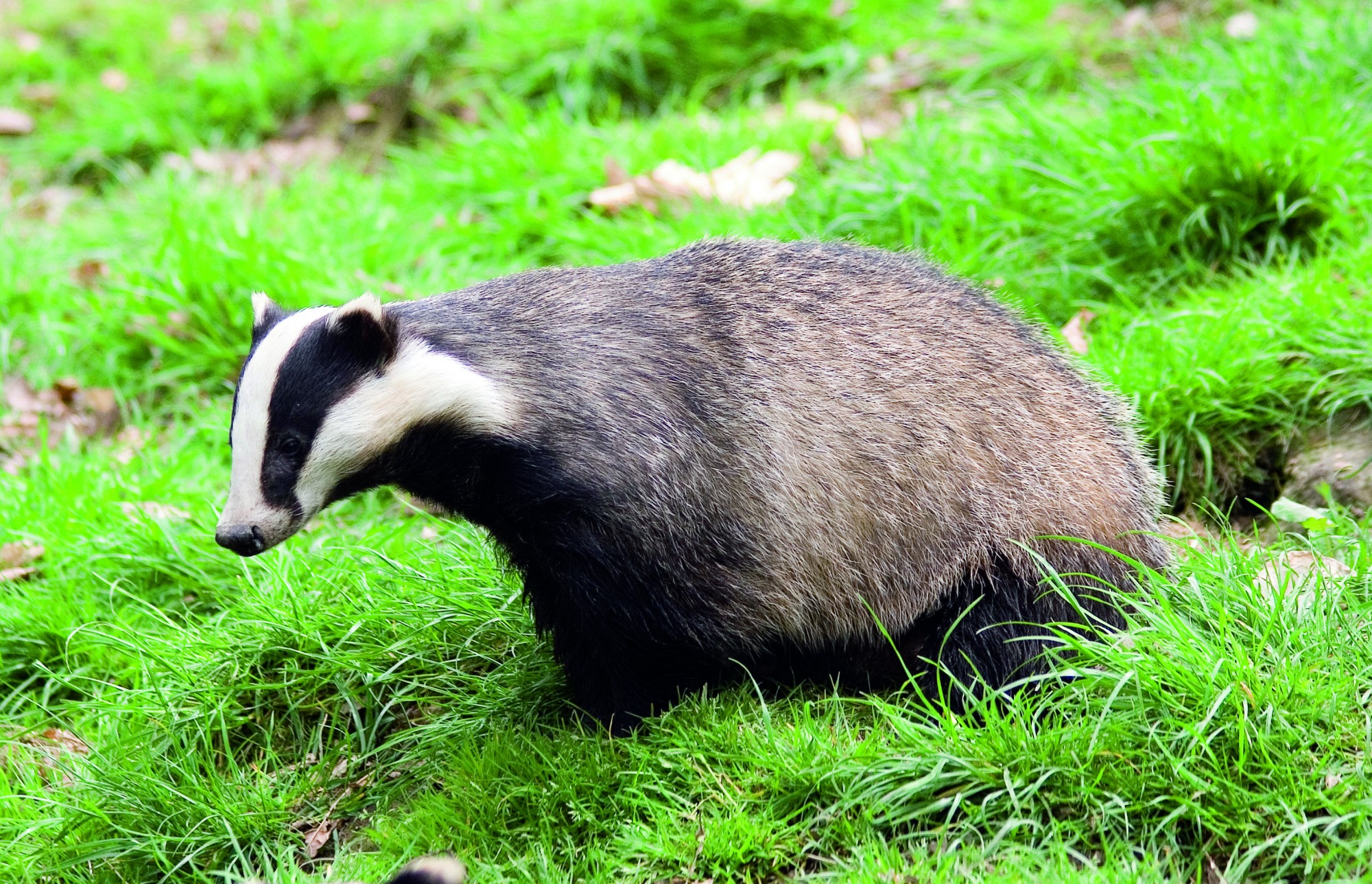Badger Surveys and Mitigation
Badgers are a nocturnal species, often forming social groups which mark out and defend their territory from neighbouring clans. They live in setts – underground networks of tunnels and chambers – and often there is more than one sett forming a clan’s territory. Badgers are found throughout Britain and Ireland but are particularly common in southern England, making them readily recognisable – Britain’s answer to enigmatic megafauna…
Suitable sett building territory is dependent on a number of factors, including food availability and soil type, and preferred sites are often where there is good cover (woodland, hedgerow and scrub) and sloping terrain. They can be found in rural and urban areas but tend to be more abundant where there is a good diversity of habitats which provide a year round food resource, such as woodland, pasture and arable land. Although badgers are relatively common and widespread, animal welfare concerns have led to legal protections which need to be considered when planning a development scheme.
Summary of Legal Protection
Badgers are protected under the Protection of Badgers Act 1992 and partially protected by the Wildlife and Countryside Act 1981 (as amended). The legislation makes it an offence to:
- Intentionally kill, injure or capture a badger
- Destroy, damage or obstruct a badger sett
- Disturb a badger while it is occupying a sett
Surveys, Impact Assessment and Mitigation
Our professional ecologists can help ensure your project is designed and implemented in compliance with the legal protections for badgers, improving the chances of successfully gaining planning permission while minimising the scope for impacts on this characterful species. Our survey services include:
- Assessing the suitability of habitats for sett creation
- Sett searches and badger activity surveys (searching for badger hairs, bedding, footprints, trails, latrines, etc)
- Camera-trap monitoring to establish whether a sett is in active use
- Post-construction monitoring
In certain circumstances bait marking studies are required to establish the size, extent and proximity of neighbouring badger territories. Following the completion of appropriately designed surveys, we carry out impact assessments and advise on design alterations to retain important features – setts, well used trails, foraging and watering sites – integrated within the site where possible. If this is not possible, it may be necessary to undertake a sett closure under licence from Natural England. Sett closures are not normally allowed between December and June, when badgers are breeding.
We’ve carried out badger surveys on schemes of all sizes and assisted numerous clients in successfully gaining planning permission while complying with legal protections for badgers. Our ecology team operates throughout the South East, although our core area comprises Kent, Sussex, Surrey and Hampshire.



